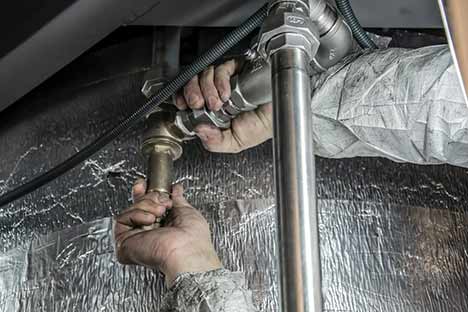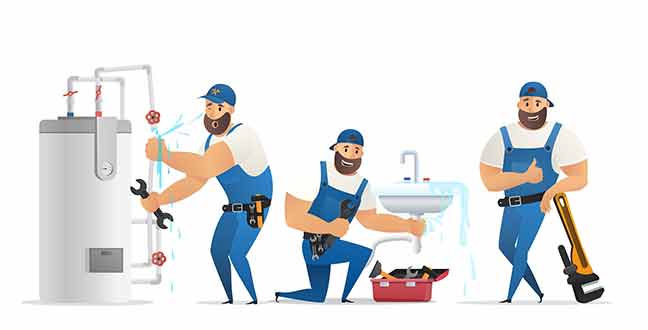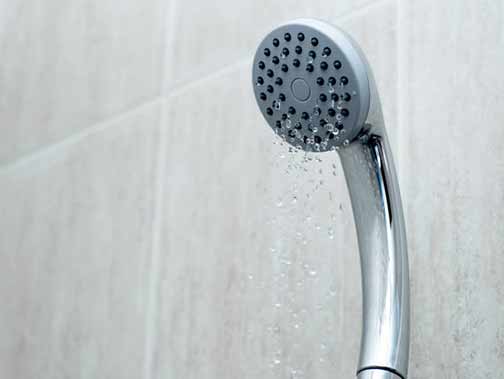One of the biggest fears of every household is accidents that can happen, such as a clogged sink or a broken toilet, that are not so threatening. In these minor cases, you can wait until morning to schedule a plumbing appointment. However, many other troubles are far more concerning than this. Here, we can list situations such as water heater leaks or failures, ruptured pipes, gas line leaks, toilet overflows, and even sewer line backups. People may have difficulties fixing these issues because of the high costs and money they must spend. Luckily, we at Chicago Plumbing Experts will show you some activities you can do that we believe are the best tips to prevent a plumbing emergency.
Removing sediment build-up by draining your water heater tank annually
An inner lining is placed inside to prevent a tank from corrosion due to constant contact with water. As a result, the heater will produce less hot water if the sediment builds up inside it. However, the tank can overheat and crack the protective lining if it is always running, so this will cause a significant leak. So in order to avoid this problem, the best solution is to contact a professional so they can flush your water heater yearly.
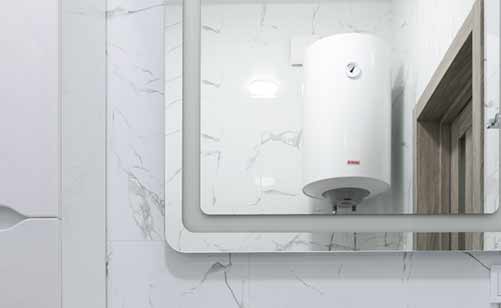
Water heater maintenance is vital for a well-running plumbing system.
Remove the usage of flushable wipes and oils, fats, or grease down your sink.
Using these wipes can cause a clog because they don’t biodegrade as quickly as other materials, and after using them, the right thing to do is to dispose of them in the trash can instead in the toilet. Also, it is essential to know that when you rinse fats, oils, or grease down your sink, they will be in a liquid state, but over time they will become sticky as they travel down the drainpipe. A clog will be formed when this sticky mass attracts debris piling up inside, so one of the most straightforward tips to prevent a plumbing emergency is to let those fats, oils, and grease solidify and throw them in the trash can.
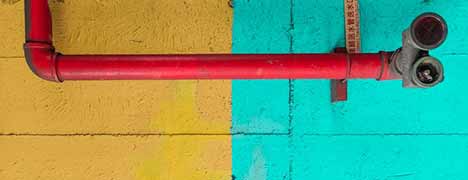
Throwing materials in the toilet, down the sink, and in the shower drain can cause a flood.
Make seasonal plumbing appointments and know when an inspection is required.
Your plumbing system is sensitive to every season. In the winter, it is crucial to protect it from the cold and freezing weather; in the summer, it must provide you with much more water. Keep in mind that the safest tip to prevent a plumbing emergency is to create a list of items that need to be done. This way, you’ll prepare your plumbing system for the upcoming seasons. It would be best to do this checkup at least twice a year. You may possess a few skills that can come in handy when it comes to plumbing. But there are tasks and works that only a trained plumber knows how to do. We recommend just calling a reputable plumber in your area to inspect and diagnose any potential threats that can create trouble in the future.
Your home’s water pressure plays a significant role, so be aware of it.
In every house, the water pressure is slightly different, but if your pressure drops strikingly during a shower, bath, or dish wash, that is alert, and something must be done. If you notice the lower pressure coming from a shower head or a faucet, know that this is very much fixable by cleaning the aerators because sediment can build up inside of it. You may also find a water pressure gauge helpful when measuring your water pressure. However, if they can not determine the root of the problem, reduced pressure can directly result from a water leak. Calling a plumber will be the perfect solution if you ever find yourself in this position.
Knowing the location of your water shut-off valve and using steel hoses will save your home.
Knowing how to shut off the water in your house will make a big difference if, by any chance, you have a burst pipe emergency in your home. The only troubles you will have after doing this are some wet mops and cleaning cloths to clean up, but it is much better than replacing a whole ceiling. Besides this, owning rubber washing machine hoses is risky because they will lose their flexibility over time, and there is even a good chance that they will burst and leak. Instead of using them, buying stainless steel hoses for your washing machines is better.
Sometimes, these things are done after a while, and unfortunately, all these problems listed will lead to water gathering. This can damage your furniture, so getting it out of the way is best. In order to avoid further damage to your things, it’s best to look for an alternative. For example, you can store your furniture in a storage unit until the repairs are done. So while searching for furniture movers here in Chicago, check out what storage solutions they can offer as well.
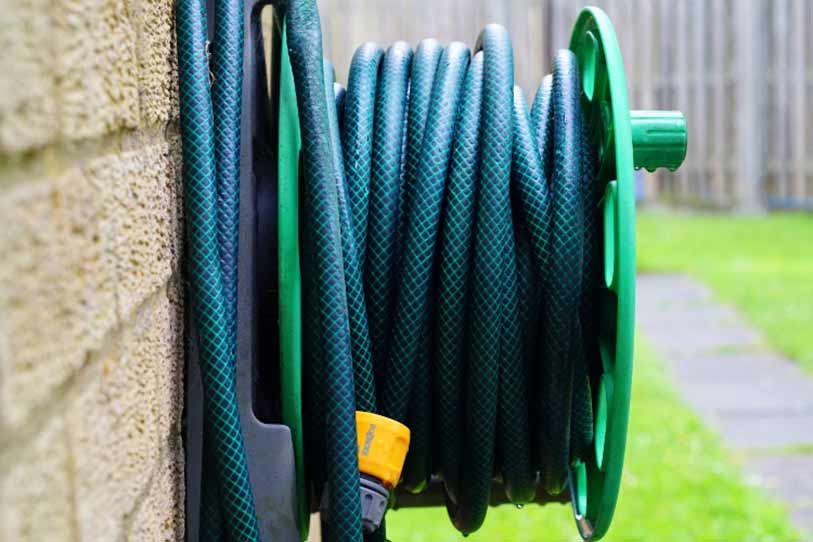
The lifespan of rubber hoses is shorter compared to steel ones.
Avoid using strong chemicals and toilet bowl treatments.
Don’t use harsh chemicals when you want to fix your drain blockage. They can cause the pipes and clogs to deteriorate. These home solutions represent a health hazard for you. Therefore, you can use essential tools such as a drain snake or a plunger as alternatives. Drop-in toilet bowl treatments are also a considerable risk that may corrode the pipes by contaminating the water. Luckily, there are ways to solve these matters by using natural alternatives. You can try some tips to prevent a plumbing emergency, such as using half a cup of baking soda and vinegar and pouring down the clogged drain. After waiting for about an hour, rinse the area with hot water.
Having good ventilation is crucial for the functioning of the plumbing system.
Ventilation eliminates gases and odors in your house, and it is also responsible for allowing the flow of water waste to pass through drain pipes. Therefore, the material of the ventilation piping is essential. A person can choose options like dry and wet venting options. However, the ventilation must be installed appropriately to prevent potential health hazards.
Keeping your residence safe from all these disasters is daunting. But with some knowledge, you can overcome these fears and recognize the nuisance before it happens. In this article, we wanted to share tips to prevent a plumbing emergency that are efficient. We hope that they will help you with saving your time and money.
